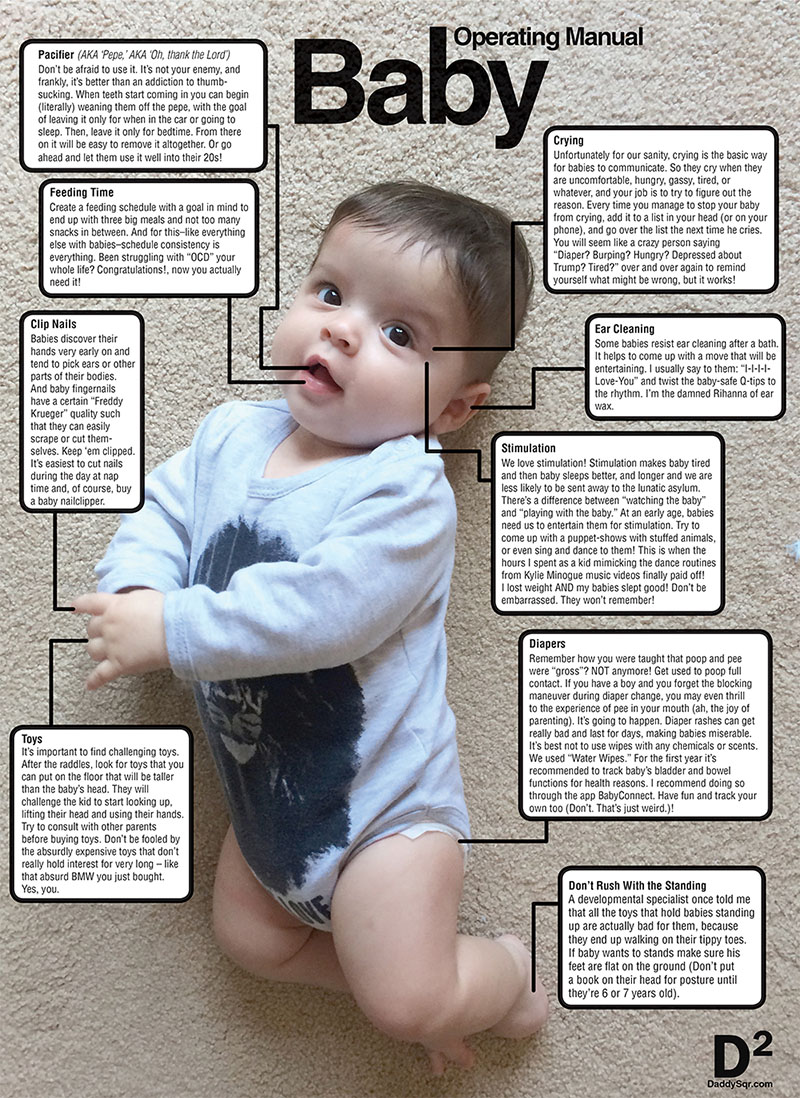Surrogacy 101: Getting Started Guide
This article will hopefully answer your basic questions about getting started with surrogacy as gay men, or at least getting to know what surrogacy is in order to figure out if it’s right for you.
There are a few options for gay men to become fathers: Co-parenting, adoption, known sperm donor and surrogacy. For some, the choice of which way to go is easy and obvious. For others, it will take researching and understanding these options. Out of the 4 options, surrogacy is probably the most independent one – but it’s probably also the most complicated one.
But you’re here, which means you are already investigating, which is great because the more you know the easier it will be to manage your road to fatherhood.
From what we understand, when a straight couple decides to start a family, their “journey” begins with a bottle of wine and a viewing of 50 Shades of Grey, and usually the rest comes naturally. For gay men, it’s a little more… complicated.
The Components of Surrogacy for Gay Men
Here are the components of the surrogacy process (in the order you’ll probably need them):
- Fertility Clinic (to create the embryos)
- Egg Donor
- Surrogacy Agency
- Attorney
- Surrogate
- Insurance
If you’ve listened to some of the episodes of our podcast (and if not, why?!) where we discuss surrogacy, you probably know that we always recommend dividing the process to several stages: “Research Phase,” “Embryo Phase,” and “Pregnancy Phase.”
1. Research Phase
You have a lot of choices about how to receive the support you need to go through this process. In a lot of ways it’s like a major home renovation project (only far messier!). Some people choose to be their own “contractor,” which means taking on all of the choices and responsibilities listed in 1-through-6, above, and probably many more. For people who have the time, inclination, and desire to control every detail, this can work. For others there’s a desire to find an agency that oversees all of it. In that case, though you still make all the decisions, you are spared a lot of the administrative work.
So first of all you have to set up your initial guidelines: do you want to take all the responsibility yourself? Or would you rather do this with the support of an agency? Do you want your egg donor to be someone you know? A friend offered to be a surrogate? if you have a set up situation to one of the six components it should be cleared and laid out. The rest should be carefully and thoroughly researched (see below tips for your research).
2. Embryo Phase
This is where you first create the embryos. The fertility clinic of your choice will take your sperm and do a sperm analysis (yes, you jerk off in a cup and yes, they have movies. The whole process is as sexy as a German Chancellor Angela Merkle news conference. We advise you take responsibility for your own iPhone entertainment). After you find an egg donor (either via a list of egg donors from the clinic, or any other bank), the doctor will put her on medication and do an egg retrieval. They then create the embryos and grade them. The grade indicates the quality of the embryo and you generally transfer the highest quality/most viable embryos.
This is the part where Alex and I recommend you freeze the embryos and STOP. Breathe, financially and mentally. You’ve gone through a large portion of the process.
Embryos can stay frozen for many years and still keep their quality.
3. Pregnancy Phase
Though people tend to skip the use of an agency for this part in order to save money, we’d really suggest you use one if you can. We’ve heard too many stories about unknown surrogates who disappear, or people who claim to be “cheaper” but turned out to be a fraud. You don’t need them. There are also some “agencies” in various countries who will ask you to marry the surrogate, or set you up with a fake citizenship, in order to cheapen the process. Please don’t fall for that. If it looks shady – it probably is.
Going to a known, gay-friendly, surrogacy agency guarantees that you’re going to be matched with a surrogate who has passed extensive screening. The agency will make sure you’re doing everything right and that you don’t miss anything. Also, they will match you with the surrogate who will carry your child, transfer a frozen embryo and hoping that it takes. If it did – you’re pregnant! 40 weeks of anticipation, and then —
4. Surprise, You Have to Raise a Child for the Rest of Your Life Phase!
Sort of goes without saying, but there’s this phase, too!
Attorney and Insurance
You gotta have a lawyer, regardless of which variation of surrogacy you want to do (even if your friend is your surrogate). There are special attorneys who deal with fertility and surrogacy and that’s what you want to get. Surrogacy laws are different from state to state in the US and in many countries around the world. The gay thing always adds an extra little… flavor to the process too, of course.
In our case, our attorney especially helped after the birth, when we were so busy with two little babies. He talked to whoever and did whatever (frankly, I don’t even remember what he did, I was already immersed in poop changing – the black thing that comes out of their bodies in the first few days is disgusting!) to get the birth certificates settled with both our names as parents, and to finalize the legality of the babies as ours.
With insurance it’s a little bit more tricky since part of the insurance depends on the coverage the surrogate herself has (or does not), and also the state where she lives and will be giving birth. But this is something you definitely need to look into as well in order to build your budget.
Gay Surrogacy: How to do the research
But let’s go back to the beginning: now that you know more or less what the process is like and who are the major players, start your research lightly:
- Read other dads’ stories – the more you read the better you understand the process. Men Having Babies’ Instagram page is a great place to start, since almost on a daily basis you can hear from dads who went through surrogacy and reveal what their biggest challenges were
- Listen to our surrogacy episodes – we started Daddy Squared to help gay men who want to be dads and tried to navigate all the info, just as we had. We have interviewed many specialists and dads throughout our seasons. Go over the topics and see what interests you.
- Go to a conference – Organizations like Men Having Babies, with their excellent conferences (both in person and online) are a wonderful way to learn more about how you want to manage this whole thing. The best thing about it is that MHB is a nonprofit organization that was formed by gay dads and surrogates. They bring under their umbrella all the most reliable, gay friendly agencies and clinics, and it’s easier to just go there, learn about the process and meet and talk with several providers to see who you like the most.
And of course, if you have any questions you can always let us know. Email us at hello@daddysqr.com – we’d love to help!













